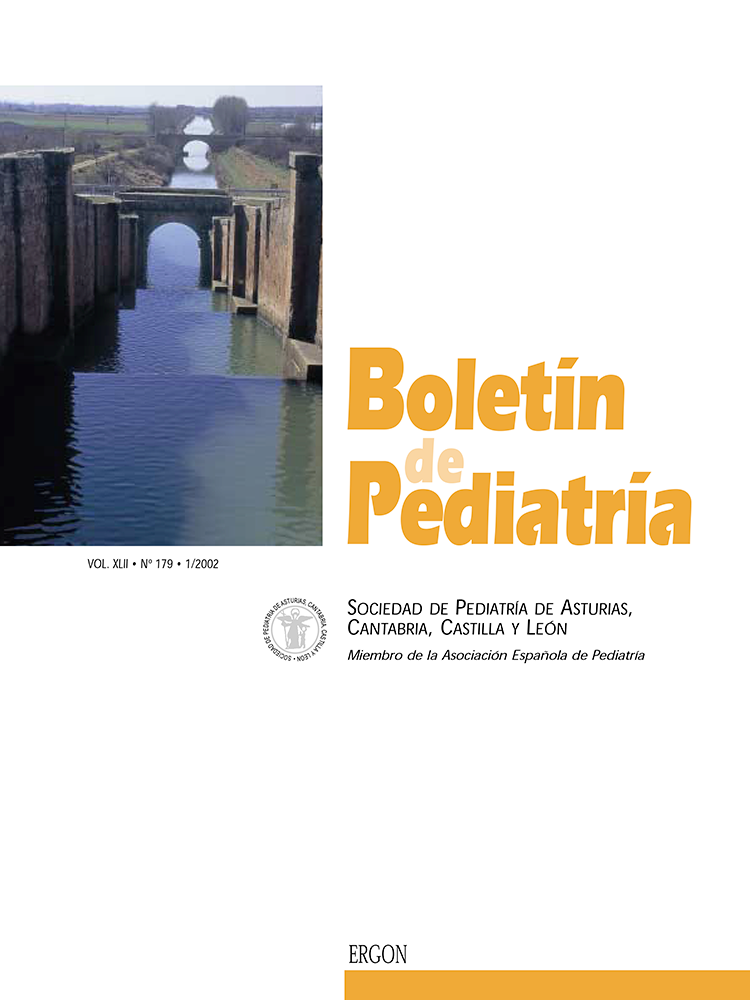Abstract
Abstract Background and objectives: Reduced glomerular filtration rate, reduced urinary concentrating ability and hypertension were described as possible long-term consequences of neonatal acute renal failure (ARF). The purpose of this study was the detection of possible renal consequences of neonatal ARF. Patients and methods: 37 newborns who suffered neonatal AFR between December 1990 and June 2000 were prospectively studied. The follow-up was possible in 22 children. The ages at the moment of the study ranged from 12 months to 10 years and 4 months. Abasical study of renal function was performed, including collection of anthropometric values, blood pressure, blood analysis, uroanalysis and renal ultrasonography. Results. Growth and development were normal. Arterial pressure, both sistolic and diastolic, was in range, without relation with previous existence of perinatal hypoxia or sepsis. Blood and urine osmolalities, plasmatic creatinine and its clearance, were normal, without relation with the duration of ARF. Renal ultrasonography did not show abnormalities in 18 children. A girl had renal hiperecogenicity, which had been detected at the neonatal period. Another patient had a minimum pielic prominence. Two children had unique kidneys, but a normal renal ultrasonography. Conclusions: There is no evidence of the main consequences described in the follow-up of neonatal ARF. However, it is important to know that it is possible a longterm residual renal damage despite the initial recover.

This work is licensed under a Creative Commons Attribution-NonCommercial 4.0 International License.
Copyright (c) 2002 Boletín de Pediatría
